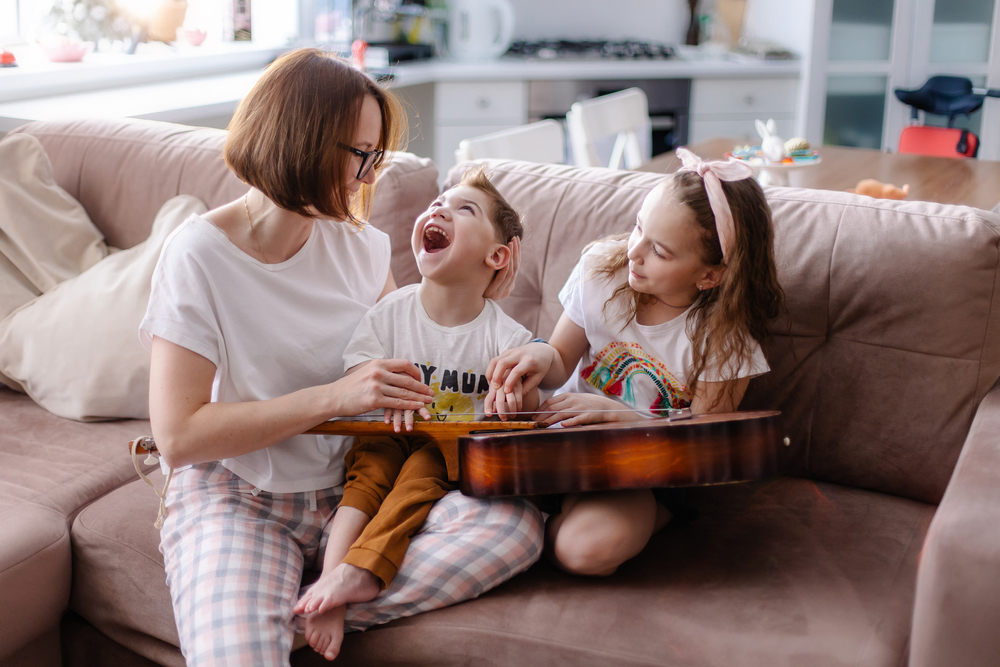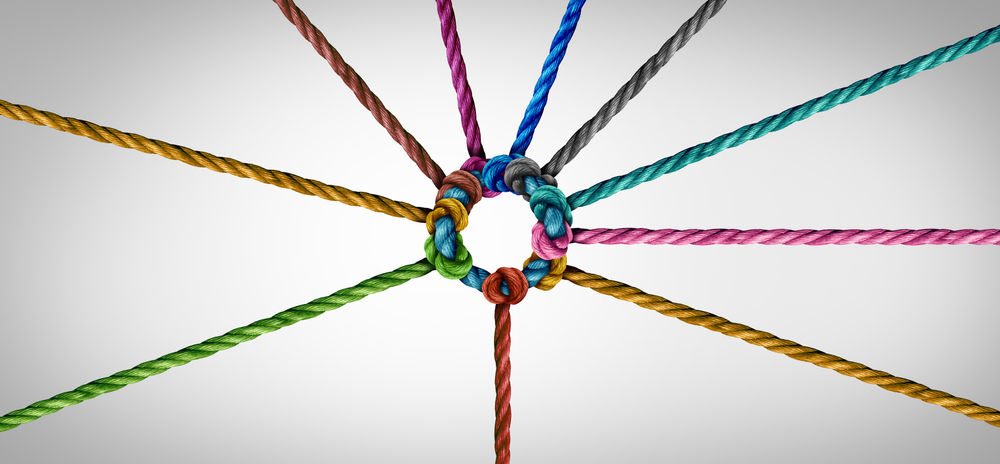Bullet points of this essay:
- Offering a needed service for a fee is a hard thing – and we can’t see a way around it
- Onehardthing.com and attictherapy.ca are places we are providing free content to encourage and support shifts to more inclusive thinking in our society.
- However, for parents and teams who would like individualized services, we are offering needs-based coaching support vs. traditional diagnosis-driven “therapy.”
- We believe kids who are different do not need to be “fixed” (although they do need access to high quality health care just like anyone else), but to belong, and have access to the whole “village.”
- Traditional medical therapy remediating unnecessary pain, discomfort or disability is a non-negotiable right for all children, but it is not the whole picture of how occupational and physical therapy can help children.
- We believe that access to meaningful activities, and support for increased quality of engagement with those activities, are best provided in context, by parents and caregivers directly, and that our professions can help with that aspirational goal.
- Coaching is meant to increase the capacity of the adults who directly support children in accessing and engaging in meaningful (to the child!) occupations.
- Coaching is offered as part of the societal set of services families and teams can choose from, and is meant to collaborate, rather than compete, with other therapy options.
Read on for the long form if you like…! Or scroll down for links to targeted information for families and teams interested in coaching services.

Profession-centred, or needs-based?
In the world of overlapping, complex needs of children, where sectors become silos so quickly, and safety nets are stretched perilously thin, or lacking altogether, it is hard to navigate private practice in a sane and ethical way. Charging for services that seem to be critical but are not available through publicly funded channels is a hard thing. If you care about a child, you will do whatever it takes to help them. But we understand that your resources are limited, and often you yourself are depleted by the daily challenges of balancing self-care, productivity and leisure needs of yourself with those of your family and certainly with those of your “diverse” child.
In our experience, both as providers of specialized supports in many, many systems, and also as parents advocating (hard!) for supports for our own children, the factor of caregiver exhaustion is too large to ignore. We are only human. Each of us has limits. We cannot do what we cannot do. We often would really like help, and that help can be helpful, or…not.
This section is all about how we (Attic Therapy, as the business sponsor of One Hard Thing) are reconceptualizing service delivery to you. This information may change over time. We are continually in a place of intense self-evaluation. We are attempting to be responsive to professional ethics and competencies, but also to the very real needs (unmet, far too often) of the public that relate directly with our skill sets. Offering a service for a fee is problematic when that service seems to be one of enhancing or supporting inclusion for children. Surely this is an aspect of society that should be prioritized enough that it is freely available to all! Sadly, many families do not find this to be the case in their experience.
Well, it is clear to us that society is trying. However the issues are so complex, and so tangled up with so many logistical, financial, hierarchical, and governmental factors that what “should” be freely and equitably and responsively available to every child (in an ideal world), isn’t. You as a parent are stuck with the dilemma of stacking your own values in such a way that you manage to meet your top few needs. This may or may not include being able to pay for outside professional help for your child.
We are also a family, and we represent that dilemma ourselves. We are attempting to balance what we can do with the harsh realities of what we can’t afford to do, long term. So here is the compromise we have settled on, for now.
We are attempting, in this website, as well as in attictherapy.ca, to provide free content that may help some teams, or some families, or some individuals, to, at the very least, feel empowered to make clear, value-driven, congruent decisions. This content must of course be general and relate to hypothetical situations, but we are using our experience in the real world of inclusion to guide the issues and thoughts we present.
We continue to work on skill-building and infrastructure enhancement within our business that could eventually create options for more activity-specific inclusive experiences. This model of inviting participation in an inherently meaningful activity (such as firewood processing – already available – see here) and having the option of grading the challenges to a wide range of diverse abilities, seems to us to be a fun and empowering way to relate with highly diverse children and youth. This is particularly true for those individuals who may lack options for meaningful participation in many other social, pre-employment, and leisure activities within their communities.
Finally, we have worked hard to construct a fairly novel model of offering specialized services to families, and teams that include children. This model focuses not on us, first, as an occupational therapist/physiotherapist practice, but on the desire of the child for increased access to or engagement with their world. In other words, we are not responding to the premise that “due to such and such a diagnosis, your child needs such and such therapy.” This is medical model thinking, focused primarily on trying to reduce deficits as a result of injury, illness, or medical conditions, and on trying to bring a child back up to a “normative” level of function. We would like to offer something in addition to medical supports that enhances the carryover of the medical intervention into increased quality of life as felt by the child and family and community.
Therapy that engages strictly with a medical model of care is often provided whether or not the child feels up to it, because the needs are seen as a high priority. There is a level of disability that is seen by medical professionals as unnecessary and which can be remediated, such that the benefits outweigh the costs of the intervention (to the child, and to society). There is no doubt that this option represents extremely helpful thinking at times (usually immediately after diagnosis, or even to support the provision of a diagnosis). When deficits can be reduced through medical intervention (eg. surgery, medication, equipment provision, splints/braces, etc…) they most certainly should be reduced! We want to collaborate with therapists providing this model of service (usually through our public health system), but it’s not (primarily) how we want to work with you.
The thinking we would like to respond to, either from you on behalf of your child, or from the child themself, is: “I would like to participate more freely in such and such an activity, and I can’t figure out on my own how to navigate obstacles that prevent me from doing so without changing my own ability levels first.” In other words, we would like to ally with your child in navigating through, or avoiding altogether, barriers in their environment to get to what is a meaningful goal for them. We would also like to ally with you in your efforts to remove those barriers on behalf of your child and others like them.
We don’t think children should have to get ready, be conditioned, reduce deficits, build strengths, or whatever, in order to participate in their own childhood! That is so unfair as to be offensive. Children need the adults around them to open up the village to each of them, as they are. Children need to hear the message that they belong first, and can build skills after. Of course, children are entitled to high quality health care before, during and alongside inclusive practices. However most conditions that prevent access to meaningful play, learning, or social connection are ones that are developmental, neurological, lifelong, or involve diverse mobility factors that can’t be easily “fixed” but are at best, “managed.” In other words, the child experiences the world differently. Is “diverse.” Unique. What then? “Therapy” to reduce the effects of a lifelong “disability,” without also increasing access to meaningful participation, just supports the idea that some children are too broken to be included. We need to change that paradigm. Disability as a problem is not just a function of the individual, but the individual in a context that prevents full participation.
Given the potential for a mismatch of expectations regarding traditional roles of our professions, and what we believe to be the most positive direction we can aim for, the best model we can come up with is that of coaching. Coaching implies agency on the part of the one being coached. It implies a process leading up to a goal-directed, meaningful experience, or enhanced abilities to deal with current life challenges. Coaches do not “do for.” They are not repairers of people who are broken, but rather explorers of potential for people who are already motivated to do the work. They support what is already possible, and just needs encouragement, specific practice, or greater awareness. Coaches collaborate with the client, rather than providing expertise that is outside the client’s control or understanding. Coaches build on the capacity that a person carries within them.
So…below please find our invitation to consider this particular model of service delivery in a land of growing private options and highly variable public services. This is possibly not what you are looking for, and that’s okay! However, if it is a service you think could be helpful to you, your family, or your team, perhaps we can work together. It is important for us at the outset to make clear that we do want our help to be helpful, and that if it is not, we are entirely respectful of your search for what will serve you best. We do not want to compete with other service providers, after all. There is such a vast area of “need” for inclusive supports for our children. Every privately funded therapist is attempting to fill a need that they see, clearly. This is a great scenario and is to be encouraged, and celebrated. We all need all the help we can get, after all.
That was a lot of words to introduce the concept that One Hard Thing (supported by Attic Therapy) is attempting to find ways to meet the specific needs we see, which we feel are within our capability to address, and which align with our values. If you’re still reading…congratulations, and feel free to click the links below to find out more.




